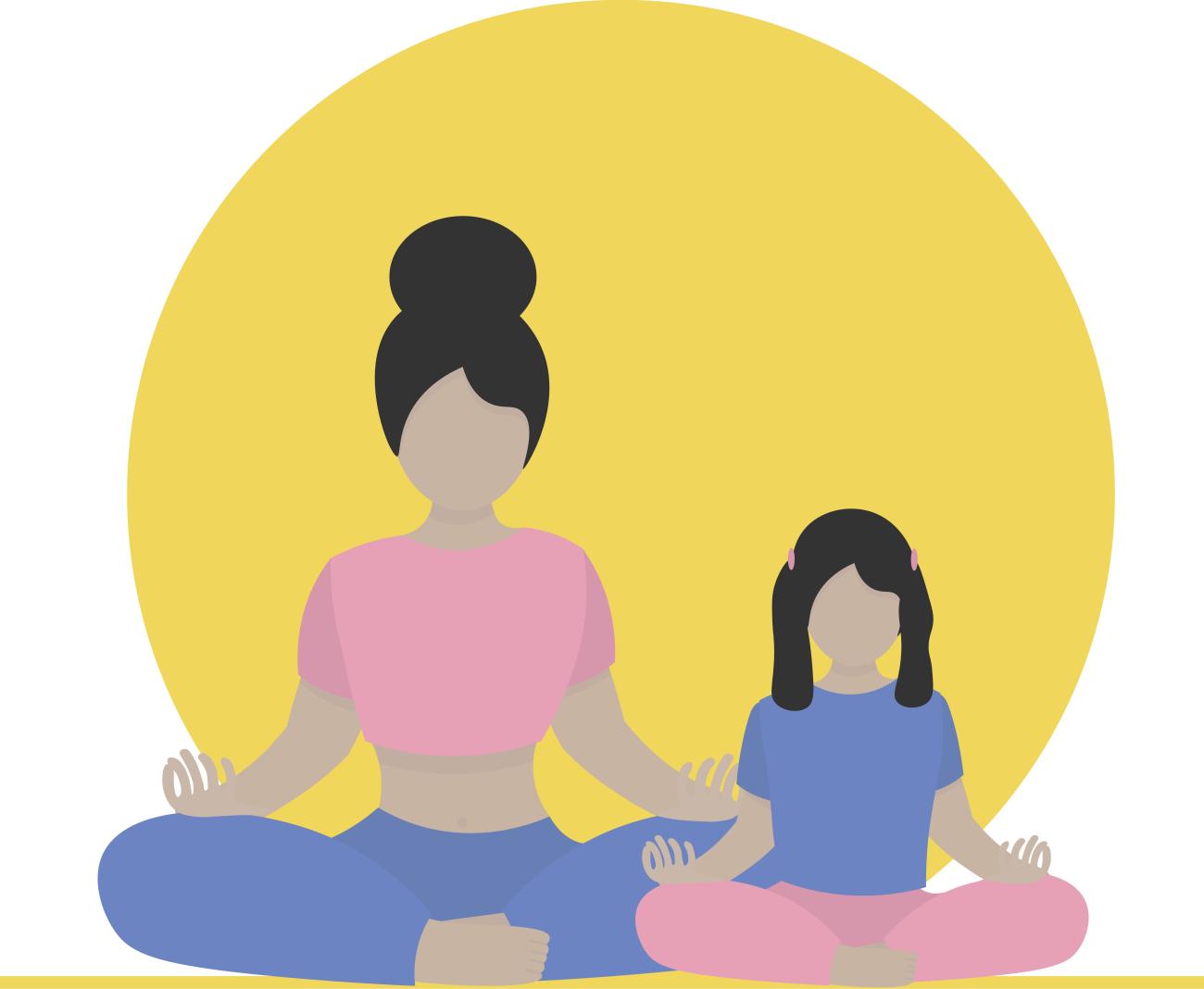
Everybody chill now
Maybe your family is a little stressed right now? Don’t beat yourself up.
“Nobody really knows how to regulate their emotions,” said Emma Seppälä, science director at Stanford’s Center for Compassion and Altruism Research and Education. “We learn critical thinking, we learn coding, we learn all sorts of things, but who’s ever taught us how to regulate our emotions, even as children?”
Instead we “suck it up,” which hurts our bodies and damages our relationships. Even exercising when you’re highly stressed can strain your heart. But we can always learn better ways.
On this episode of School’s In, Seppälä, author of The Happiness Track, shared some mindfulness and emotional relaxation strategies with Stanford Graduate School of Education Dean Dan Schwartz and Senior Lecturer Denise Pope.
Mental health problems are up due to the loneliness and lack of social connections brought on by the COVID-19 pandemic. Moreover, said Seppälä, “we complain about stress but we also worship at the temple of stress … because we believe that’s how we get stuff done.”
In reality, calmer people are more creative and productive, Seppälä said. She walked the hosts through an abbreviated version of a research-tested breath exercise, which trains the calming response that counters fight-or-flight.
Such strategies should be taught in school, Seppälä said. If you don’t meditate, “you could be walking past sort of a gold mine in bringing out the best in yourself as well as really strengthening your well-being.”
You can listen to School's In on SiriusXM, Apple Podcasts, Google Podcasts, Spotify, Stitcher and Soundcloud.



